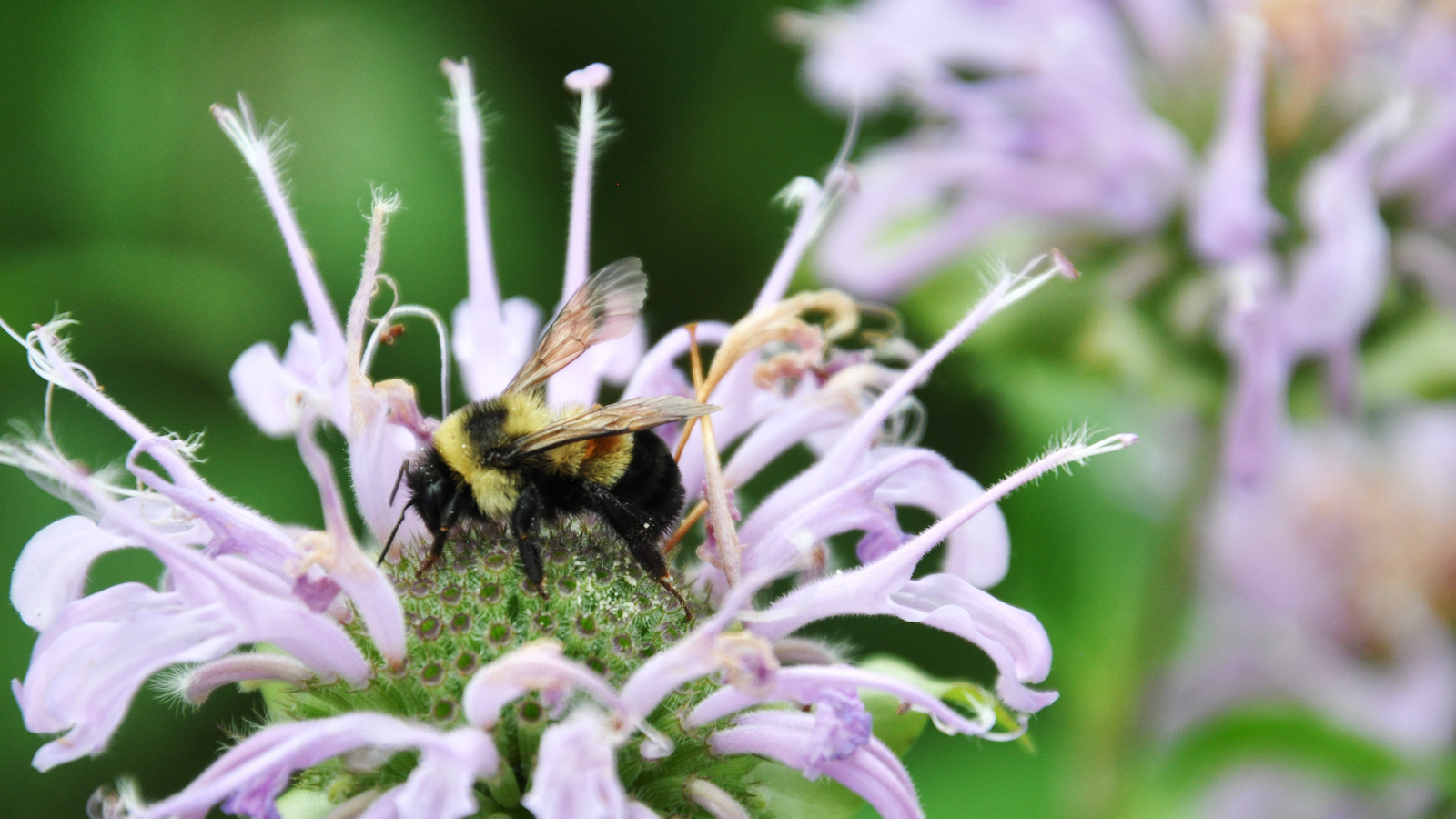Good as news: positive environmental stories you may have missed this week
The Public Interest Network’s Environment America and U.S. PIRG are working on multiple campaigns to help America get through the coronavirus pandemic as quickly and safely as possible. But we're also working to ensure that when the outbreak ends, the United States’ policies and practices ensure a cleaner, safer, better world for all of us.
The Public Interest Network’s Environment America and U.S. PIRG are working on multiple campaigns to help America get through the coronavirus pandemic as quickly and safely as possible. But we’re also working to ensure that when the outbreak ends, the United States’ policies and practices ensure a cleaner, safer, better world for all of us.
This weekly newsletter will highlight recent good news on the environmental front. If you have suggestions or comments, please email Emma Searson ([email protected]) or Josh Chetwynd ([email protected]).
A more fishable, swimmable New Jersey: New rule provides major protections to 600 miles of waterways
The New Jersey Department of Environmental Protection published a rule on Monday that will apply robust clean water protections to 600 miles of rivers and streams throughout the state. The new “Category One” designations set strict limits on pollution and development for several treasured rivers as well as a two-mile stretch of the Cooper River, the first urban waterway in the state to be protected. These regulations are the first of their kind made in more than a decade in New Jersey.
“Category One stream protections are a win for the people of the Garden State at a time when we could really use good news,” said Doug O’Malley, Director of Environment New Jersey. “Not only will these protected waterways provide clean, safe outdoor spaces, but they will also play a major role in New Jersey’s economic recovery: fishing and outdoor recreation supplies $11 billion dollars a year and more than 100,000 jobs to local communities. These measures will also save taxpayers billions of dollars in water treatment and flood reduction costs.”
Read Environment New Jersey’s full release.
New York bans foam and fracking, boosts renewables
New York Gov. Andrew Cuomo announced an enacted budget for the 2021 fiscal year last week that creates permanent bans on polystyrene foam and hydraulic fracturing. Starting in 2022, food containers and packing material made of polystyrene foam — known by most as Styrofoam — will be prohibited throughout the state. The budget permanently bans new fracking permits as well.
“It’s great to see our leaders, in the midst of a pandemic, thinking long-term in addressing single-use plastic pollution,” said Alex Truelove, Zero Waste director with U.S. PIRG. “Like so many of our systems, waste systems are experiencing extraordinary stresses. Residential waste is increasing while the availability of waste workers are decreasing, and plastic producers are looking to increase the use of single-use plastic at every turn. We know that polystyrene foam is harmful and non-recyclable. With this move, New York will avert millions of pieces of plastic pollution in the near future.”
Also included in the budget: a measure to expedite renewable energy projects.The Accelerated Renewable Energy Growth and Community Benefit Act sets the stage for New York to speed up renewable energy development to combat climate change and aid in the state’s economic recovery from the coronavirus pandemic.
Virginia’s 100 percent clean energy commitment set to become law
Virginia is expected to become the first southern state and the seventh in the U.S. to pass a law committing to providing 100 percent carbon-free electricity to its citizens by mid-century. During the last days of its session, the General Assembly passed the Virginia Clean Economy Act and, barring some unforeseen circumstances, it will become law over the weekend.
“Virginia’s General Assembly and Gov. Ralph Northam’s administration have stepped up to make climate and our health a top priority, putting this commonwealth among the frontrunners in the shift toward clean and renewable energy,” said Environment Virginia Director Elly Boehmer. “The Virginia Clean Economy Act will put us on a path toward a healthier future powered by truly clean and renewable energy sources. We look forward to continuing to work with the General Assembly and governor to turn this vision into a reality.”
Right whales return to New England waters
North Atlantic right whale sightings are up as the endangered mammals head to New England’s waters for their annual migration, according to New England Aquarium scientists. Each spring, these giants — the largest animals on the planet — gather in Cape Cod Bay to feed before traveling further north.
“The beauty and character that right whales bring to our New England oceans is invaluable,” said Environment America Oceans Associate Michaela Morris. “Right whales also play an important role in keeping our marine ecosystems healthy. That’s why we must act to protect endangered North Atlantic right whales from extinction.”
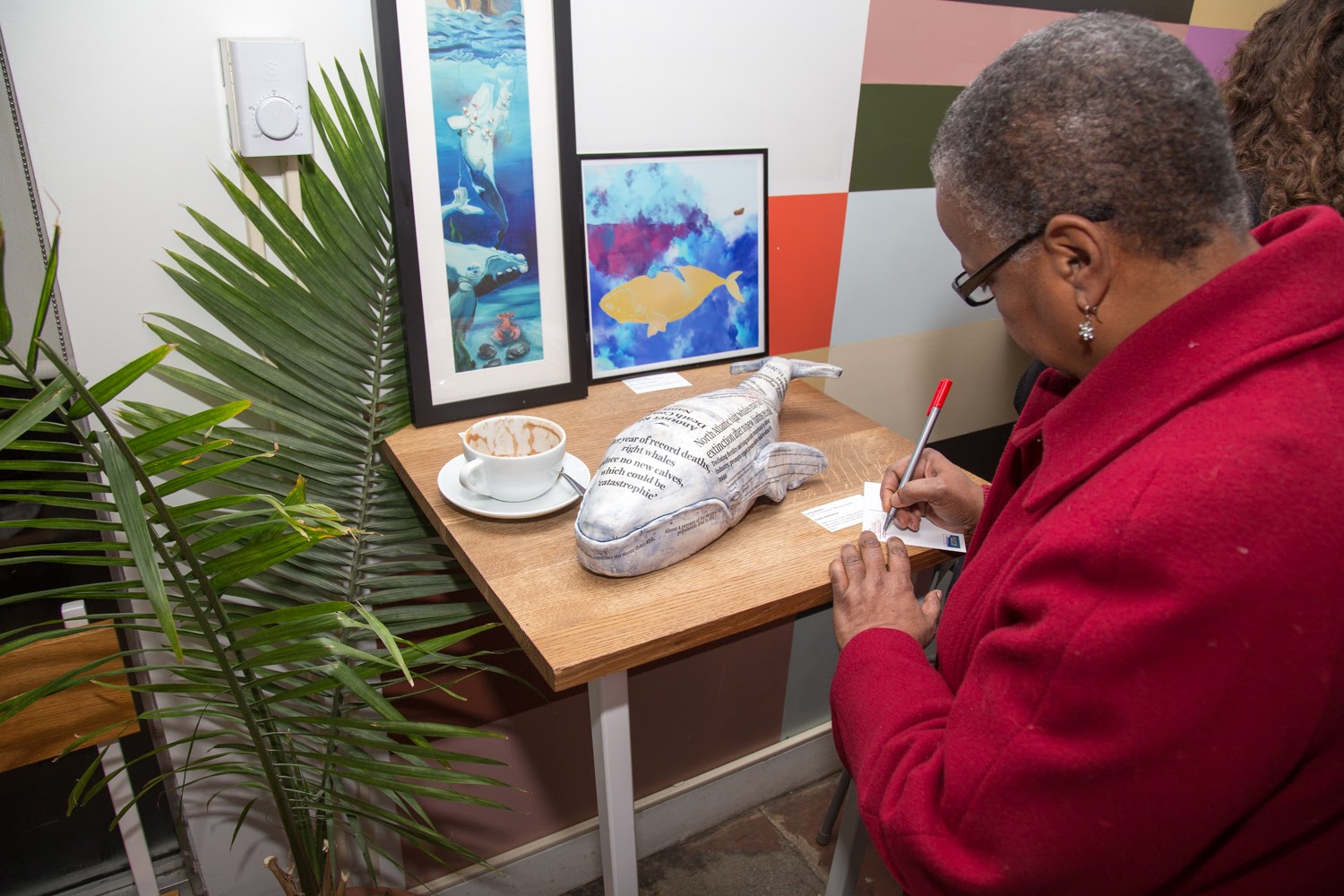

Community members admire art from students and local artists at right whale art shows in Maine and Massachusetts earlier this year. Environment America hosted the events to build public awareness and support for protecting the endangered animals.
What else we’re celebrating:
-
Renewables projected to out-produce coal for the entire first half of 2020: U.S. renewables out-produced coal for the first time on a quarterly basis during the first quarter of the year. Now, the Institute for Energy Economics and Financial Analysis (IEEFA) is forecasting that renewables will generate more electricity than coal for the entire first half of 2020, indicating an acceleration in the transition to clean energy.
-
HFC regulations back in business: The U.S. Court of Appeals for the District of Columbia Circuit restored a previously scrapped EPA rule Tuesday that blocks the use of hydrofluorocarbons (HFCs) — now known to be potent global warming gases – in place of other ozone-depleting substances.
-
Fees for rooftop solar struck down in Kansas: Last Friday, the Kansas Supreme Court struck down utility fees for residential rooftop solar customers. The ruling states that fixed fees targeting solar customers constitute price discrimination. The decision will make it easier for Kansans with solar on their homes to see savings on their electric bills.
-
Corals in the Red Sea survive warming temperatures: While coral reefs around the world are bleaching more often as ocean temperatures rise, research shows that corals in the rapidly warming Red Sea remain unaffected. The resilience of these reefs offer researchers hope for restoration and preservation efforts.
Looking for even more uplifting environmental content?
Environment America recently launched a new Greener Together project. As people are practicing social distancing, the project aims to help us all foster a stronger connection with the natural world and with each other. The initiative includes engaging events, fun activities and helpful guides for both adults and children.
###
Environment America is a national network with affiliates in 29 states. Our staff and members work to protect the places we love, advance the environmental values we share, and win real results for our environment.
U.S. PIRG, the federation of state Public Interest Research Groups, is a consumer group that stands up to powerful interests whenever they threaten our health and safety, our financial security, or our right to fully participate in our democratic society.
U.S. PIRG and Environment America are part of The Public Interest Network, which operates and supports organizations committed to a shared vision of a better world and a strategic approach to getting things done.
Topics
Authors
Emma Searson
Find Out More
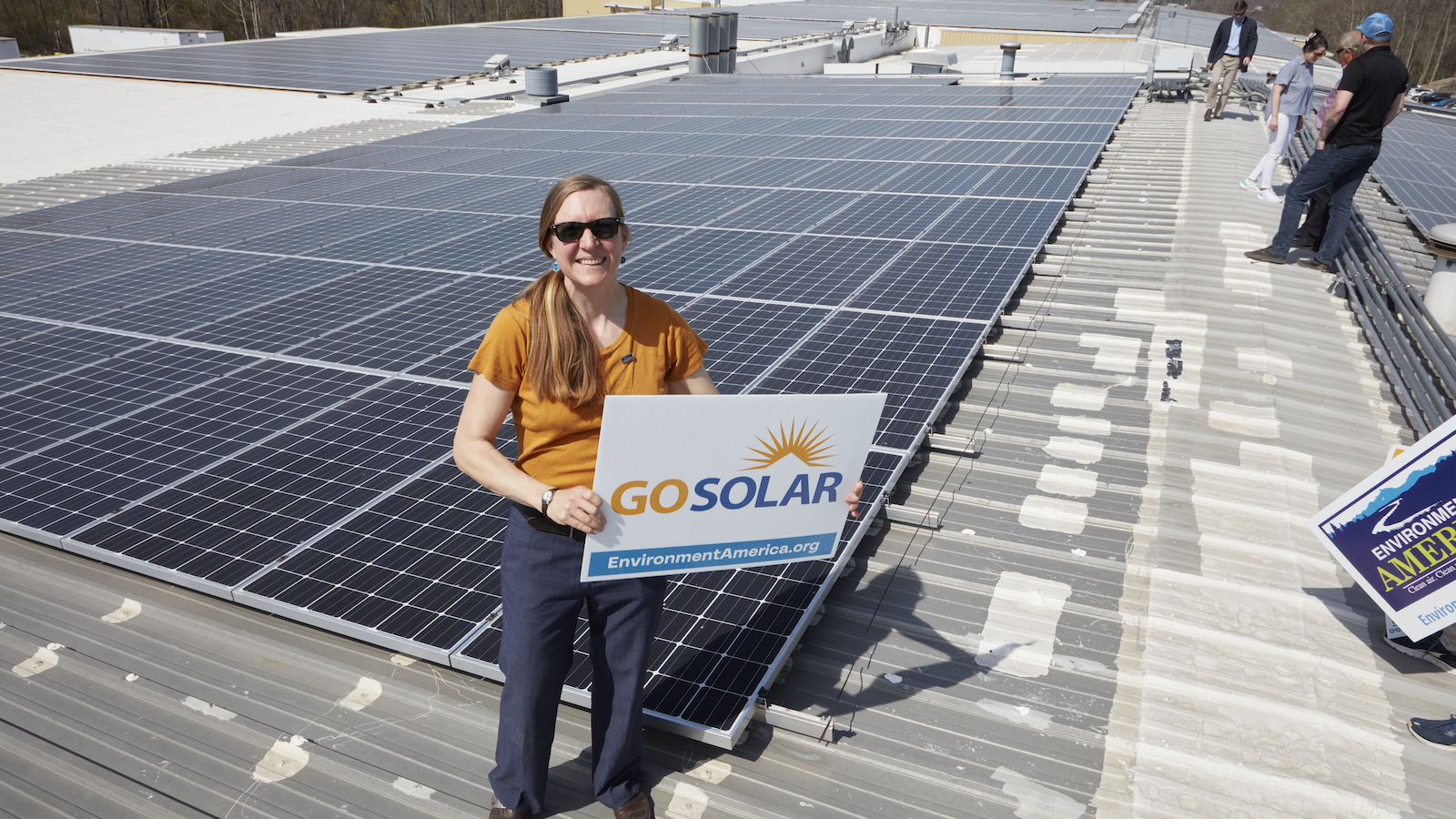
Solar energy is on the rise in Tennessee
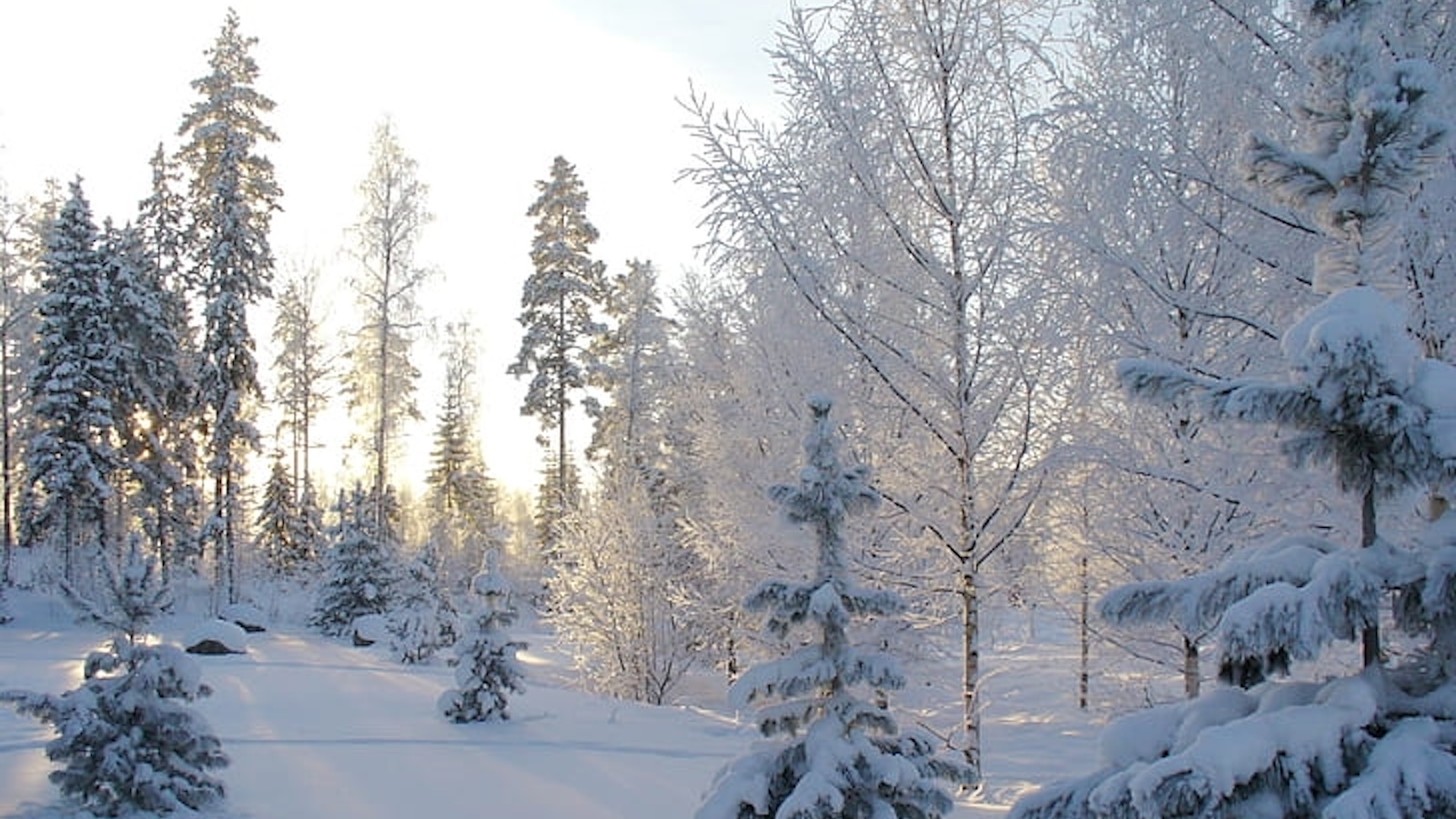
Five of the biggest wins for wildlife and wild places in 2023
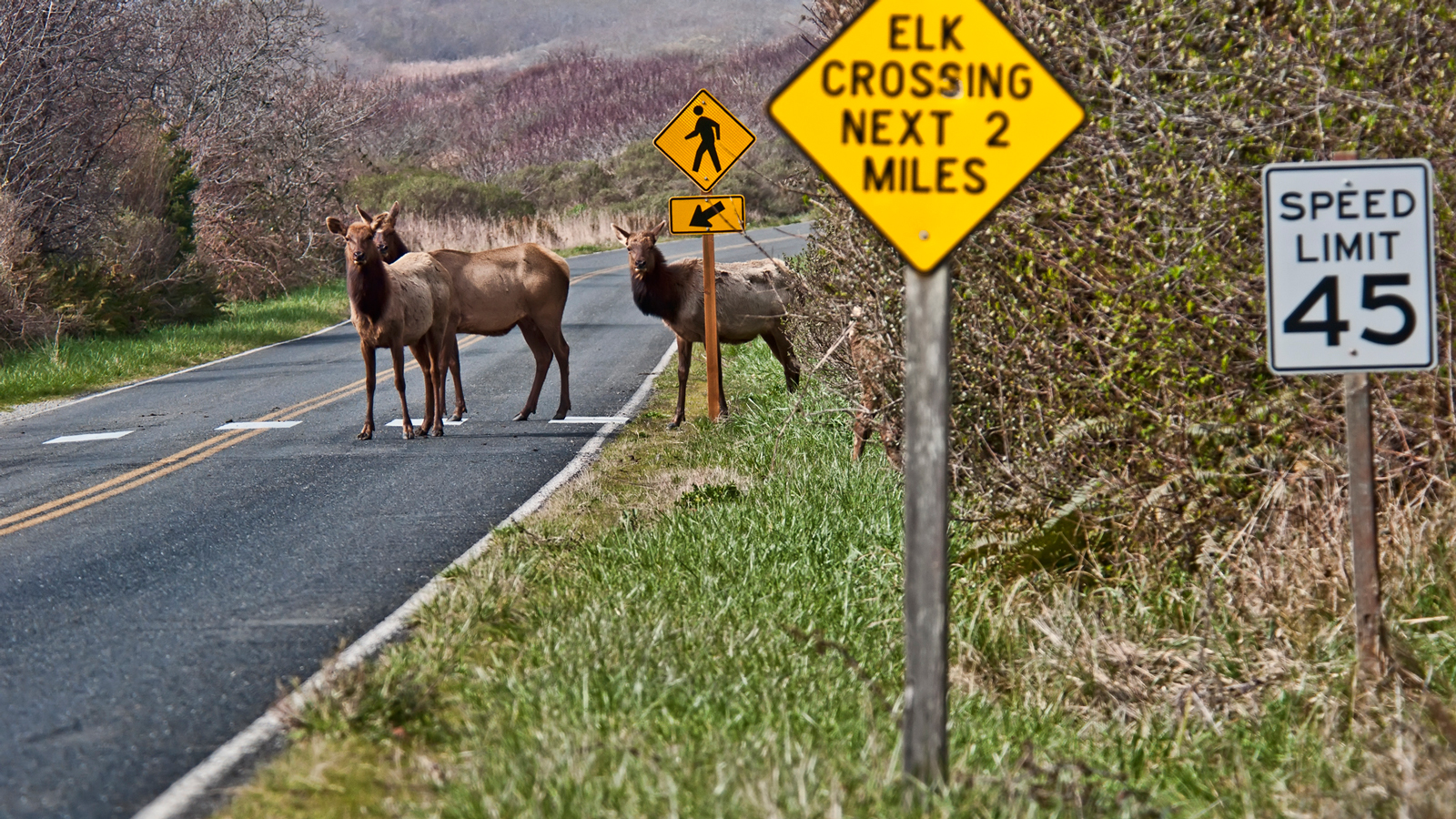
Wildlife crossings connect small, fractured habitats
